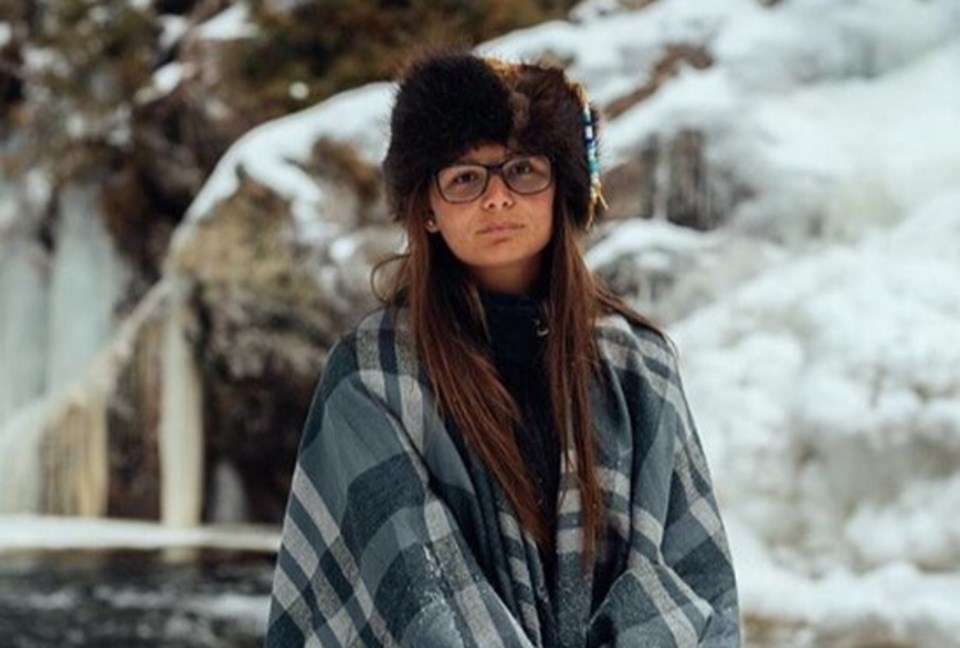Discussions about climate solutions won’t go far enough to save the planet without Indigenous voices being heard, says climate activist Jayce Chiblow.
“We’re the land stewards and we’ve been doing this for so long. We’ve lived through climate change in our territories already. All of the solutions should be Indigenous-led and Indigenous created,” she said.
Chiblow, 27, is Anishinaabe, from Garden River First Nation. She just returned from the United Nations Climate Change Conference (COP26) in Glasgow, Scotland.
It was her first time at the conference where she was among the close to 40,000 participants.
But battling to be heard had nothing to do with the number of people there. It’s a constant struggle for Indigenous voices to be included and heard in climate negotiations, she says.
“Indigenous folks are really trying to make sure that our rights and human rights, in general, are being protected in these spaces and in these larger decisions being made. It’s really hard for us to get to that table.”
Chiblow lives in Vancouver and works for Indigenous Climate Action – a group that sees Indigenous Peoples’ rights and knowledge systems as critical to developing solutions to the climate crisis and achieving climate justice.
Chiblow has an undergraduate degree in biology from the University of Windsor and a master’s degree in environmental studies from York University.
She’s been an environmentalist since she was little, having attended numerous environment meetings with mom, Sue Chiblow, who has worked extensively with First Nation communities in environmental-related fields.
Chiblow called the conference “enriching and enraging” and says there’s still a lot of work to be done.
“When it comes to the negotiations that happened, from the people I talked to, they are not entirely happy with it,” she said.
One major area of contention is with Article 6 of the Paris Agreement which includes the creation of a global carbon market she fears will do little to reduce emissions.
The idea behind carbon markets is to provide financial incentives to curb emissions.
The aim is that for every tonne of carbon dioxide that is emitted somewhere, another tonne is captured elsewhere – by planting a forest or installing renewable energy facilities, for example.
A country that has overachieved its climate pledge can sell the extra emission reductions, or carbon credits, to another country that can use it to reach its own climate target.
Chiblow chides the idea that a global carbon market that “commodifies nature” can help achieve net-zero.
She says it puts Indigenous lands at increased risk and allows countries and corporations to offset emissions rather than cut them.
“They’re going to say they’re offsetting their emissions so they’re just saying I’m net-zero but they’re still emitting the same amount, so it allows them to continue business as usual.”
To get a proper seat at the table, Chiblow says the government needs to recognize that Indigenous Peoples are leaders in climate change strategies.
“A lot of the things that are being brought up by the government are Indigenous-led ideas, however, they’re just being taken and re-packaged and given as another solution and Indigenous folks aren’t being included in how that’s being designed, how it’s being disseminated – all those things,” she said.
It’s been over a week now since Chiblow’s been back from Scotland and has had time to digest the experience that has left her feeling both “encouraged and discouraged.”
“It’s such a hard battle that we face every single day,” she said.
“It’s not easy because it’s like life or death. The time (for climate change) is now. We need to have been doing this yesterday.”



